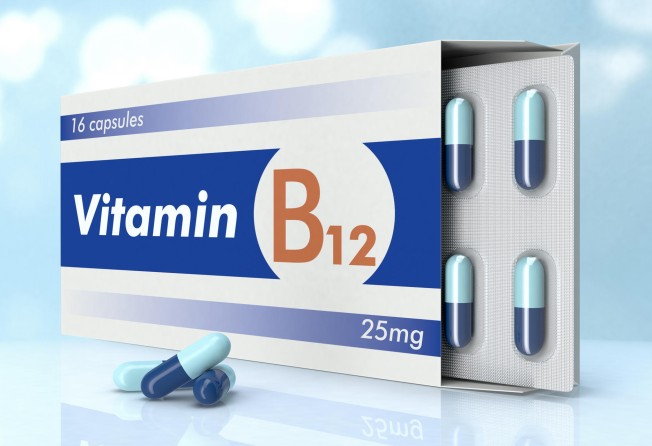
Cut vitamin B12 intake to reduce acne; the computer game that helps you lose weight
Vitamin B12 linked to acne, Trametinab delays age-related deaths and computer game that trains you to avoid certain foods

Got acne? Lay off the B12 Vitamin B12, an essential nutrient found in meat and dairy products, alters the metabolic activity of skin bacteria and drives the acne bacteria Propionibacterium acnes to secrete an inflammatory compound that leads to pimples. This is the finding of a new study by the University of California, Los Angeles, published last week in Science Translational Medicine. Skin microbial samples were collected using nose pore strips from study subjects with and without acne. Using RNA sequencing, they found that genes in the vitamin B12 biosynthesis pathway of P. acnes were markedly downregulated in acne patients. The researchers say identifying the mechanism behind B12's role in acne may identify drug targets that lead to new treatments for acne. Meanwhile, they suggest acne-prone individuals cut back on unnecessary vitamin B12 supplements.

Cancer drug makes fruit flies live longer Adult fruit flies that were given a drug used to treat skin cancer lived 12 per cent longer than average, according to a study of healthy ageing led by University College London. The drug, Trametinib, targets a specific cellular process called Ras signalling, which occurs in animals and humans, and delays the onset of age-related deaths by slowing the ageing process. Female fruit flies were given the drug as an additive in their food, at a dose approximately equivalent to a daily dose of the drug in a human cancer patient. This increased the fruit flies' average life expectancy by 8 per cent. When the dose was increased by 10 times, the flies lived 12 per cent longer on average. Dr Cathy Slack, co-first author of the study, published in the journal Cell, says: "With support from pharma, we can refine these [small molecule drugs like Trametinib] over the next 10 to 20 years to develop anti-ageing treatments which don't have the adverse effects of cancer drugs."

Computer game helps players shed weight and cut food intake
Psychologists in Britain have devised a simple online computer game that has helped participants in their study lose an average of 700 grams and consume around 220 fewer calories a day after playing it for just one week. The game, created by scientists at the University of Exeter and Cardiff University, trains people to resist unhealthy snack foods. It requires people to repeatedly avoid pressing on pictures of certain images (biscuits, for example), while responding to other images (fruit and clothes), and thereby trains people to associate calorie-dense foods with "stopping". The training also reduced how much the calorie-dense "stop" foods were liked. The reduction in weight and unhealthy snacking was maintained six months after the study, according to participants' self-report. These effects on 41 adults were observed relative to a control group of 42 adults who completed the same "stop versus go" training, but played the game using pictures of non-food objects, such as pens.